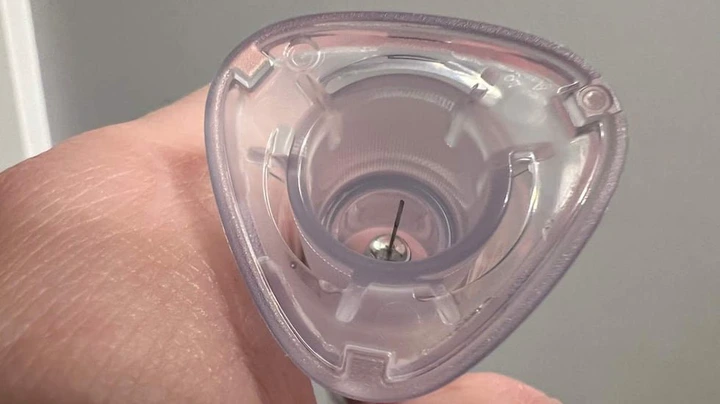NEW YEAR, NEW GOALS: As the calendar flips to a fresh year, many are setting their sights on shedding pounds, which has led to a surge in the demand for weight loss medications. However, this trend has also sparked concerns over escalating costs and the growing interest in compounded alternatives.
The quest for weight loss can be a slow, arduous, and frustrating endeavor for a multitude of people.
Pharmaceuticals like Ozempic and Mounjaro have gained popularity and are often linked to successful weight loss. While these drugs are lauded for their efficacy, they come with high costs, limited insurance coverage, and increasing concerns about accessibility. Consequently, some are looking to compounded versions of these drugs as a more cost-effective alternative.

View pictures in App save up to 80% data.
These drugs aid in weight loss by regulating blood sugar and suppressing appetite. Their effectiveness has drawn significant attention, with studies suggesting they can lead to a weight loss of 15% to 25% of an individual's body weight.
Patients receive a prescription from their doctor and are provided with exact doses in auto-injectors, similar to EpiPens, which deliver crucial doses of epinephrine for those with severe allergies.
Dr. Marc-André Cornier, an expert in endocrinology, diabetes, and metabolic disorders, discusses the appeal of these medications.
"Such medications offer a groundbreaking and transformative solution for those struggling with obesity," he remarks. However, he cautions that the high cost of these treatments can be a major obstacle. "They are expensive, and although some insurance plans are starting to cover them, it's still not enough for many," Cornier explains.
The Rise and Risks of Compounded Alternatives
The high prices of name-brand weight loss medications have led to a significant rise in the use of compounded alternatives to Ozempic and Mounjaro.
These compounded drugs are often offered at medical spas and marketed as budget-friendly options. However, the lack of FDA approval for these drugs raises concerns among healthcare professionals.
Chris Diorio, a board-certified specialist in bariatric and emergency medicine, warns about the dangers of self-administering compounded medications.
"You can't assume that someone can just buy a vial, mix it up, and inject it without proper medical oversight. It's dangerous," he states.
Cornier points out additional risks associated with compounded medications, including the possibility that they may not contain any active ingredients at all.

View pictures in App save up to 80% data.
"Cornier reports that inquiries have revealed some compounded medications contained no active ingredients, amounting to outright fraud."
While compounded weight loss medications may seem like a cost-effective choice










